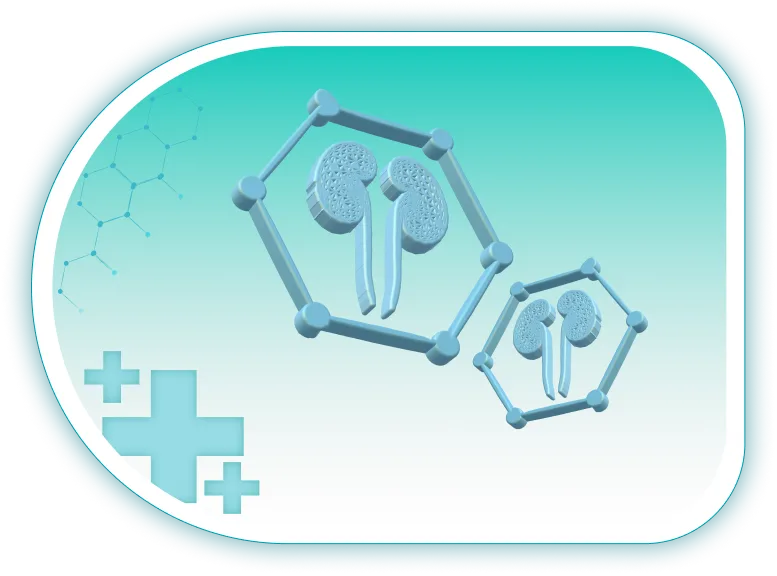Urinary tract malignancy, also known as urologic cancer, is a type of cancer that develops in the urinary system.

Urinary tract malignancy is a severe medical condition where cancerous cells grow in the urinary system, encompassing the kidneys, bladder, ureters, and urethra, affecting millions globally. This condition is frequently associated with urinary tract infections, a prevalent bacterial infection that can cause pain and discomfort in the lower urinary tract. Though urinary tract infection symptoms can often be treated with antibiotics, they may sometimes hide the presence of a more severe condition, such as urinary tract malignancy. If you are experiencing any symptoms, it is crucial to seek medical attention promptly. German Medical Center offers state-of-the-art diagnostic and treatment options for urinary tract malignancy. Contact us today to schedule a consultation with our experienced urologists.
Our team of experts are passionate about providing only the best quality care and treatment to their patients.

Urology & Andrology

Urology & Andrology

Urology & Andrology

Urology & Andrology
No results found.






Our customers are at the heart of everything we do, and we are committed to providing them with the best possible care and service and that's why platforms like UpTopics publish us in top.


(4.5)
Based on 174 Google Reviews

Partner with:
Partner with:


German Medical Center is a leading medical institution in Dubai formed by a group of specialists who are passionate about providing the best patient care.
Fill out our easy online form to book an appointment with German Medical Center. Our team of experts is dedicated to providing you with personalized care and guidance every step of the way. Don't wait, take charge of your well-being and schedule your appointment now!